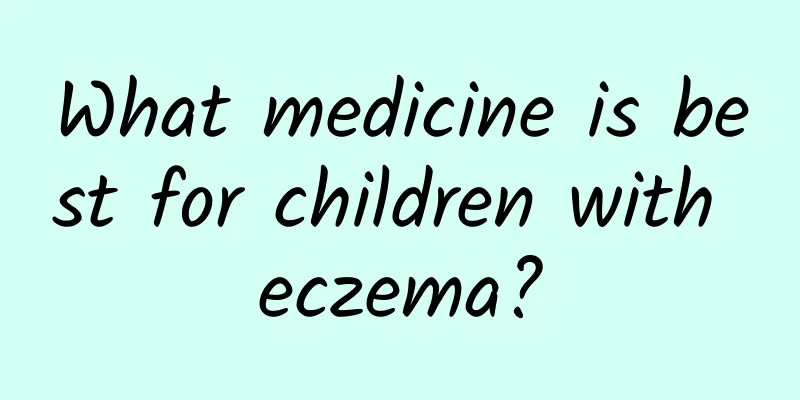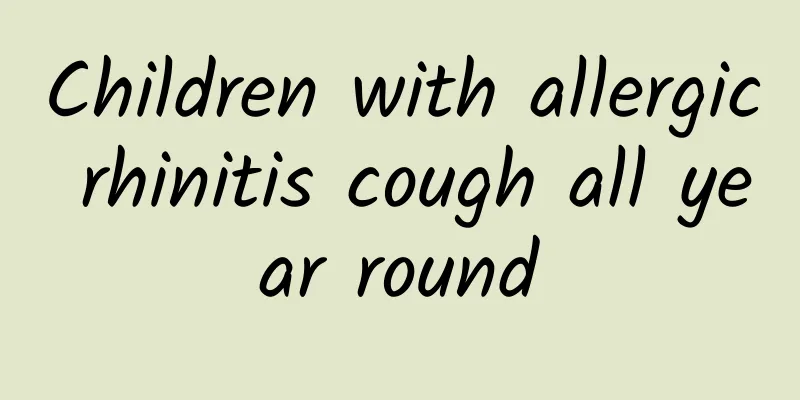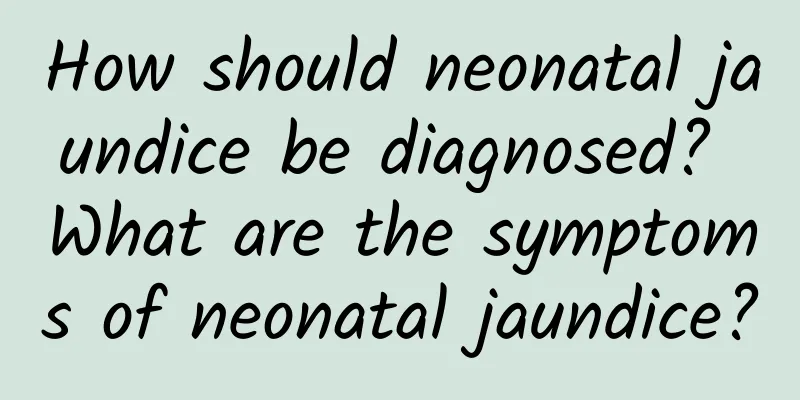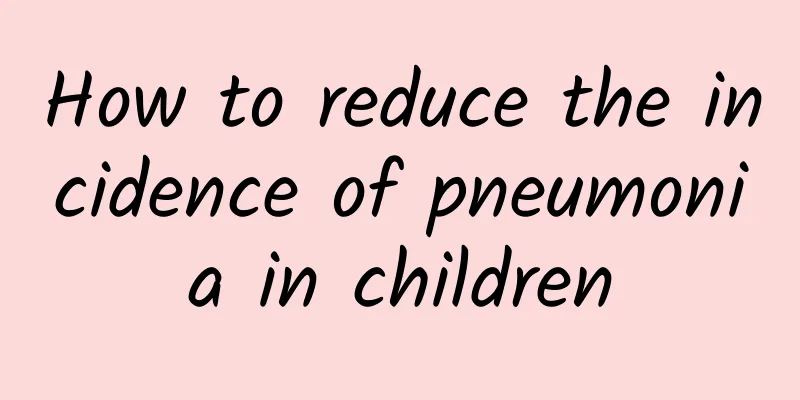Can polio be passed down to the next generation?

|
Poliomyelitis, medically known as poliomyelitis, is an acute infectious disease caused by polio virus infection. Poliomyelitis is not a hereditary disease, but is caused by a viral infection, so it will not be passed on to the next generation through genetic means. To understand why polio is not inherited, we first need to understand the characteristics of hereditary diseases. Hereditary diseases are usually caused by genetic defects in both parents, which are passed on to their children during reproduction. The cause of polio is a viral infection, which has no direct relationship with an individual's genetic genes. The main transmission route of polio is through oral ingestion of food or water contaminated by the virus, which then enters the intestines to multiply and may eventually invade the nervous system, causing muscle paralysis. This process is entirely triggered by external environmental factors and has nothing to do with genetics. The key to preventing polio is vaccination. The polio vaccine can effectively stimulate the human immune system to produce antibodies to resist the virus. Large-scale vaccination programs around the world have significantly reduced the incidence of polio. Good personal hygiene habits and environmental hygiene are also important measures to prevent polio. Avoiding unclean food and water and cleaning the living environment regularly can reduce the chance of virus transmission. Although polio will not be passed on to the next generation, the care and support of the society for patients is still important. It is the common responsibility of every member of society to help patients recover their physical functions and integrate into society through comprehensive measures such as medical rehabilitation and psychological counseling. |
<<: What is the normal value of jaundice index?
>>: How to treat diarrhea and low fever in children
Recommend
What nutrients are needed in the diet for Kawasaki disease
What nutrients are needed in the diet for Kawasak...
What to do if your baby has phlegm in his throat after 2 months of coughing? Here are 4 ways to easily solve the problem of phlegm in your baby's throat
Children are actually very prone to coughing or h...
How to treat a one and a half year old baby's night cough?
If a one and a half year old baby coughs at night...
What are the three commonly used drugs for breast milk diarrhea?
What are the three commonly used drugs for breast...
How to check diarrhea in children
Pediatric diarrhea is a common digestive tract di...
What tests should be done for acute laryngitis in children
What tests are done for acute laryngitis in child...
How to distinguish influenza from the common cold in children How to distinguish influenza from the common cold in children
1. The common cold and influenza are viral colds ...
Can Kawasaki disease in children be cured?
Kawasaki disease in children can be cured, but it...
Is jaundice and abnormal liver function serious?
Jaundice and abnormal liver function may be a sig...
Can children die from diarrhea?
Diarrhea is a common disease in children. Accordi...
Kidney disease treatment drugs for children
The treatment of children's kidney disease sh...
Answers to questions about the contents of mid-term examination for children with kidney disease
Children are a group that is prone to kidney dise...
Does yellow skin mean liver disease? Here are 3 tips to quickly identify true and false jaundice!
Yellowing of the skin and whites of the eyes is a...
What are the causes of neonatal pathological jaundice?
What are the causes of neonatal pathological jaun...
What are the side effects of taking Yinzhihuang oral liquid for newborn babies with high jaundice?
When newborn babies have high jaundice, Yinzhihua...









